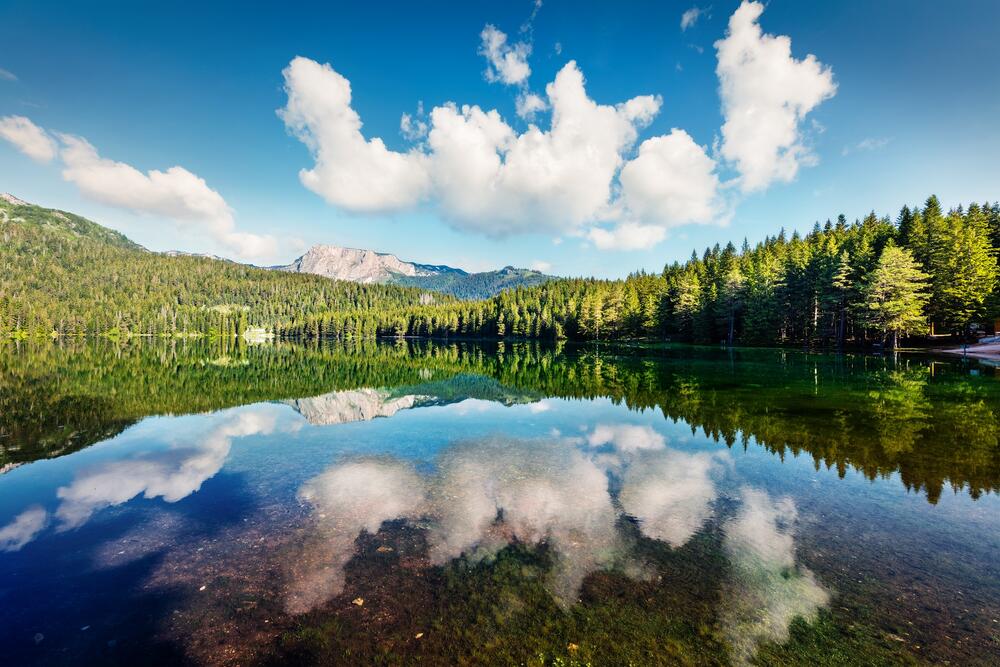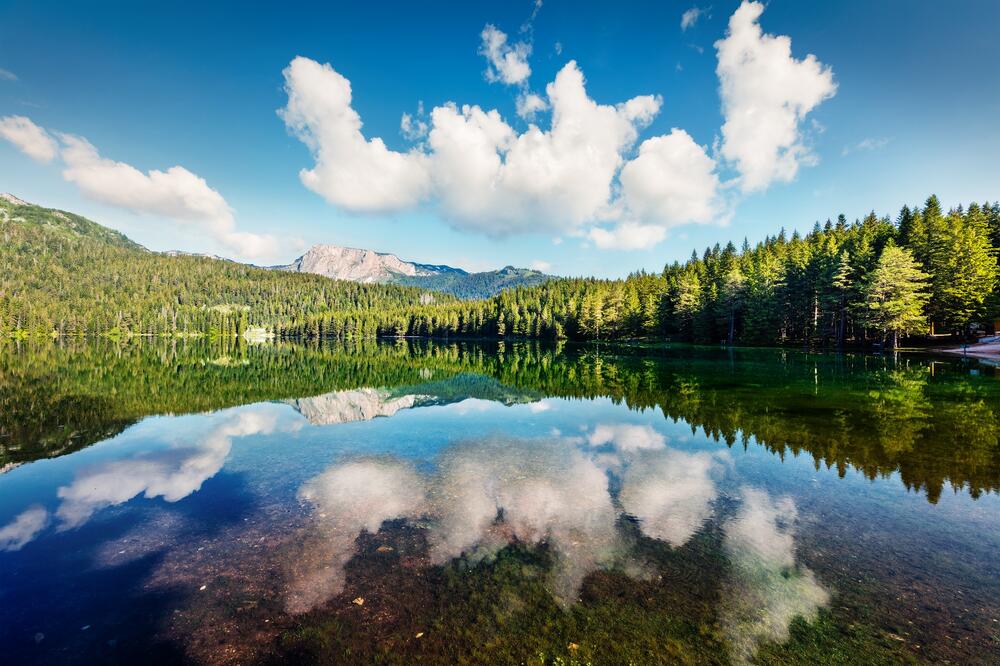There is nothing to add or take away from the declaration and proclamation of the ecological state of Montenegro, the text would not be ashamed of the text, even more advanced societies, but three decades later it is just a dead letter.
Thirty years after the Assembly adopted the Declaration and declared Montenegro the first ecological country in the world, on the lee at the foot of Durmitor, it can be stated that a lot has been taken away from the ecological country and that the events from 1991 to the present day are best described by the part of the Declaration - the abuse of man forever was followed by the abuse of nature.
It was announced that the Montenegrin Parliament will sit again today in Žabljak - on the plateau in front of the Black Lake, and mark 30 years since the declaration of Montenegro as an ecological state.
About how much of an ecological country Montenegro really is, the interlocutors of "Vijesti" agree on one thing - the Declaration is just a dead letter on paper, and whether the situation will change for the better depends only on us.
Generously rewarded by nature, and punished by politicians
"Precisely in the days and months in which we distributed these difficult thoughts and feverishly searched for a way to free ourselves from the sea, and get out of the abyss and determine a new goal, a saving idea appeared. Doctor Dragan Hajduković, a physicist with an amazing power of imagination, in long conversations presented the idea and indications of a program to declare Montenegro and make it the first ecological country in the world", it is written in the book "Less than a game - more than a life", by the then president of Montenegro, the late Momir Bulatović.
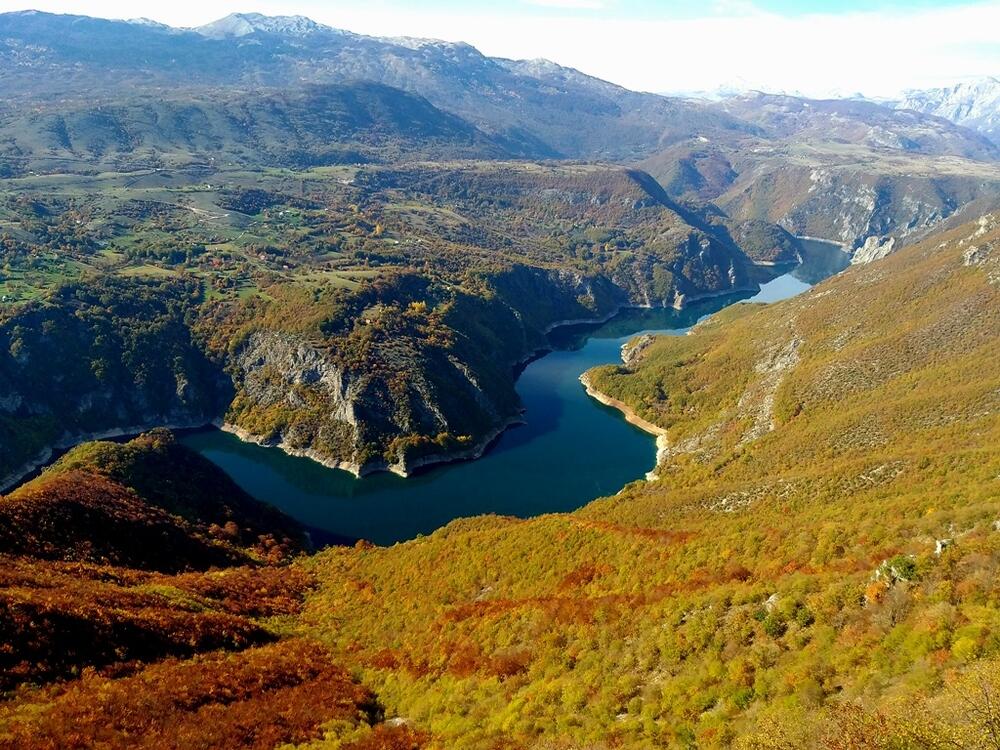
Back in 1991, the creator of the ecological state was not in Žabljak. Then, the men from Žabljak, set off on a campaign to Dubrovnik, and Hajduković, as a sign of protest, returned the Thirteenth of July award that he had received six years earlier. He says that even today he will not be under Durmitor.
"30 years ago, the Declaration on Montenegro as an ecological state was adopted, and since then it has been a dead letter. Nothing has been done except that by selling off and destroying the charm and beauty of the Montenegrin territory, it has been devalued to a significant degree. What they can celebrate today is 30 missed years. And that is the time for which Montenegro, if it had been guided wisely, patriotically, with a vision of an ecological state, could have become one of the best countries in Europe and one of the most famous countries in the world. Why this is so, I usually explain with one single sentence - Montenegro is a country that God generously rewarded with nature, and punished the politicians of the government and the opposition", says a man who believes that, "given the terrifying incompetence of the government and of the opposition", cannot do much for ecological Montenegro.

He assessed that small states cannot change the course of world history, but they can be significant if they rise to the heights of an example of something good. The ecological Montenegro project was conceived as an elevation to the planetary heights of something good. Instead, we got 30 missed years, 30 years of terrible decline, and economic, and especially human, decline of the value system," says Hajduković.
Hope that Montenegro becomes "Green Mountain"
Milan Gazdić he was four years old when Montenegro was declared ecological. Today, three decades later, Gazdić can boast that he graduated from the Faculty of Forestry, received his doctorate, and became the head of the Environmental Protection Agency. And what can ecological Montenegro boast about?
"I have lived this idea all my life: on the field, as a forester, I witnessed many reasons that made me proud, and there were also those who degraded all that idea. After 30 years, the only thing that can be stated is that much more could have been done, much better, much more sincerely and much more patriotically. And, which I find worrying, Montenegro failed to build strong institutions capable of creating and implementing nature protection policies in 30 years. It turned out that it is not enough to simply incorporate European legislation into domestic legislation. All these laws need to be implemented, and for that we need strong and independent institutions," says Gazdić.
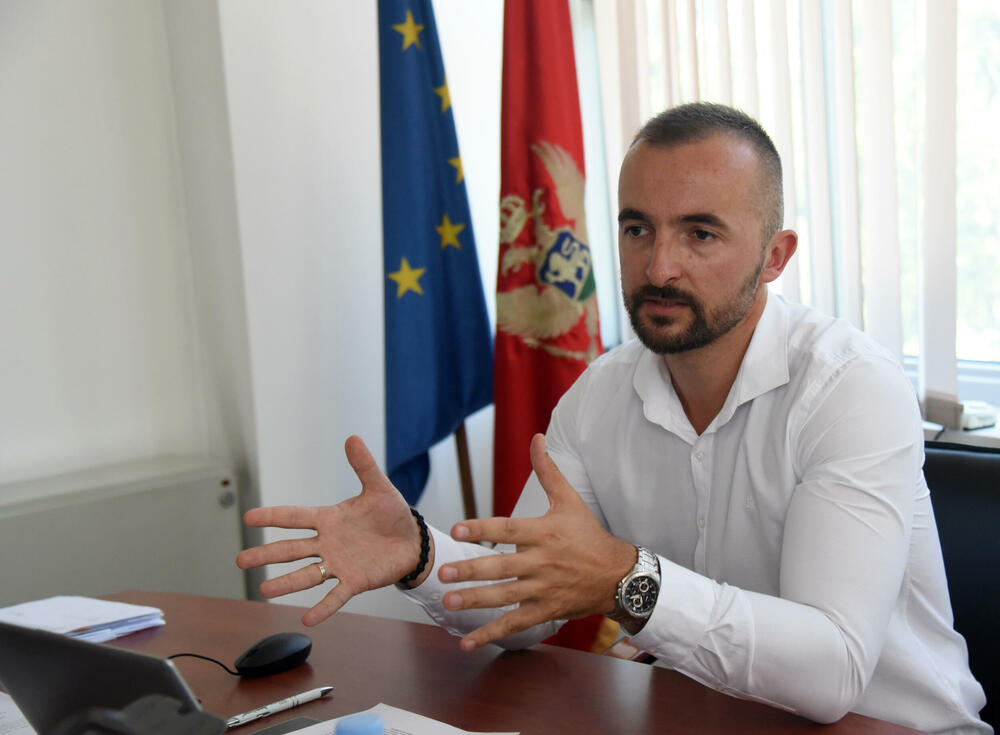
However, he points out that he believes that things can still be improved.
"As a man from the field who deals with forestry, I believe that we are not too late: Montenegro, even after tens of thousands of cubic meters of illegally cut forest, and hundreds of thousands of cubic meters of (uncontrolled legal) cut, is still rich in forest. Work, order, vision, dedication, and here we have an ecological state. All this so far has been, to our general misfortune, difficult improvisation".
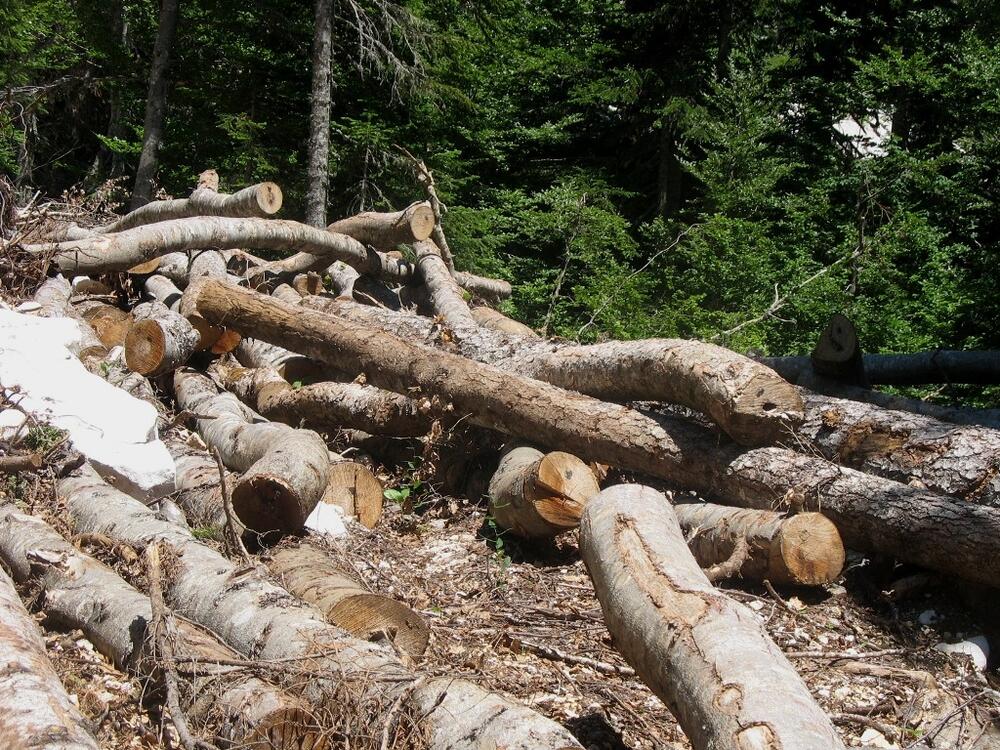
Like Gazdić, both an ornithologist and an ecologist Darko Saveljic, although aware of the destroyed and devastated, does not lose hope in "Zelena Gora".
"If we look back - what we have touched in the last 30 years, we mostly, if not destroyed, then devastated to a significant extent. Where we walked in, we left forests without game and game without forests. Where we could with aggregate, we left the rivers without fish. Most of those with hunting rifles try to leave the sky free of birds. "We failed to upgrade the territories that we declared protected, so that we could really make them a protected area, so that whoever visits them has a real feeling that someone cares about them, with rare exceptions," Saveljić told "Vijesti".
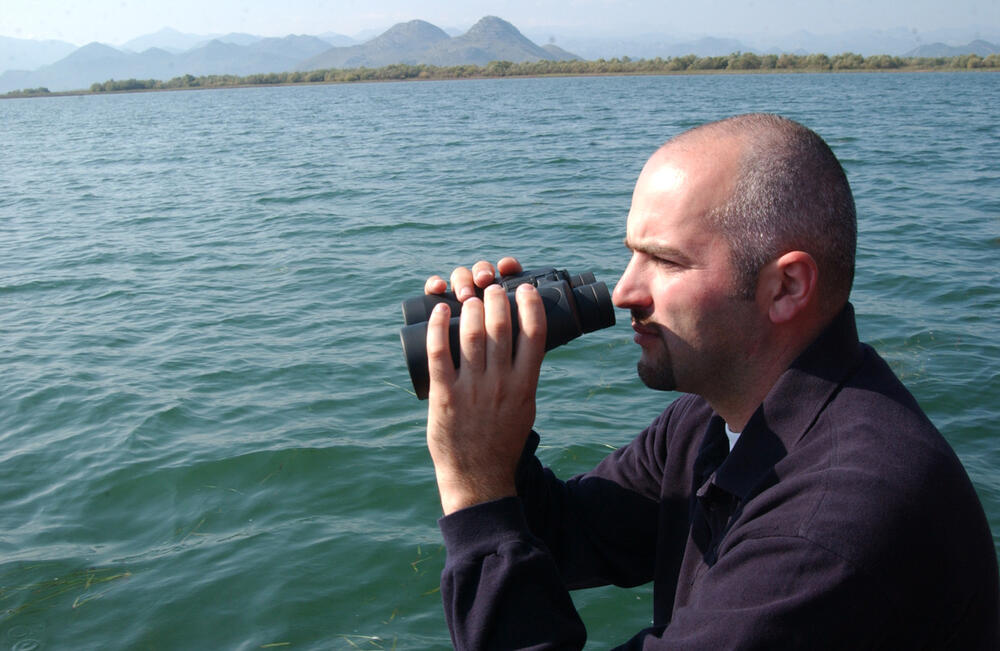
Accustomed to looking not only backward, but also forward, the man who founded the first donkey farm in Montenegro in 2015, and four years later the first Donkey Museum in the region with a Visitor Center, believes that it still depends only on us whether we will make "Montenegro a luxury destination of the most preserved part of the Old Continent".
"If we look ahead - apart from the space permanently lost due to the construction of settlements and infrastructure, the potential is still enormous. We still have villages that time has forgotten, we still produce organic food in more than half of the country, without realizing it, I still know the hidden corners of my homeland that are virgin, that captivate and teem with wealth and originality. It is up to us - consensus is needed for the project of an ecological state - either we will swim in garbage, look naked or inhale smog, or we will make Montenegro a luxury destination of the best-preserved piece of the Old Continent. Consensus is not only needed in the parliament - we also need it in the assemblies of tenants of the entrance, kindergartens, schools, institutions. Let's all roll up our sleeves together, look outside our yard and make Montenegro a Green Mountain. And then, if we succeed with the ecological state project, I have nothing against changing its name. It's up to us."
We, the members of the Parliament of the Republic of Montenegro, are aware that due to the endangerment of nature, the protection of the identity of the space where we live and work has become our urgent and timely job. Aware of our debt to nature, the source of our health and the inspiration of our freedom and culture, we dedicate ourselves to its protection in the name of our own survival and the future of our descendants. Let us accept that no difference between us is as great as the great changes to which our natural environment is exposed. Regardless of our national, religious, political and other convictions and feelings, we know and accept that the dignity and sanctity of the human being are organically connected with the sanctity and purity of nature. Man and nature in him and around him are whole only in their depths and in their meaning and indication. Therefore, the abuse of man has always been accompanied by the abuse of nature. Therefore, by deciding and fighting for the dignity of man, we are called to fight for the dignity of nature as well. By adopting this Declaration, Montenegro establishes a state relationship with nature and calls on the wisdom of people to prevent the ecological disaster that threatens us", it is written in the Declaration adopted by the Parliament of Montenegro on September 20, 1991 in Žabljak.
Ecocrime and the meaningless of the law
Director of the Environmental Movement "Ozone" Aleksandar Perovic points out that the decision to declare Montenegro an ecological state is more political than visionary and that time has confirmed this, because 30 years later it "looks much worse" than in 1991.
"Although there was space and funds to invest in the construction of infrastructural capacities and the improvement of the ecosystem, the past three decades will be remembered for the arrogant attitude of decision-makers from the top of the executive and judicial authorities, for the constant pressure on nature and the living world, bad management, marked ecocrime and nonsense of the law. Since there are still fresh impressions from the summer fires, which were present in a large part of the territory of Montenegro, including in the national parks, I would say that the fire destroyed the entire story of the ecological state, so I see no reason for any celebrations and festivities, especially not from those who in any way contributed to disastrous practices", Perović points out.
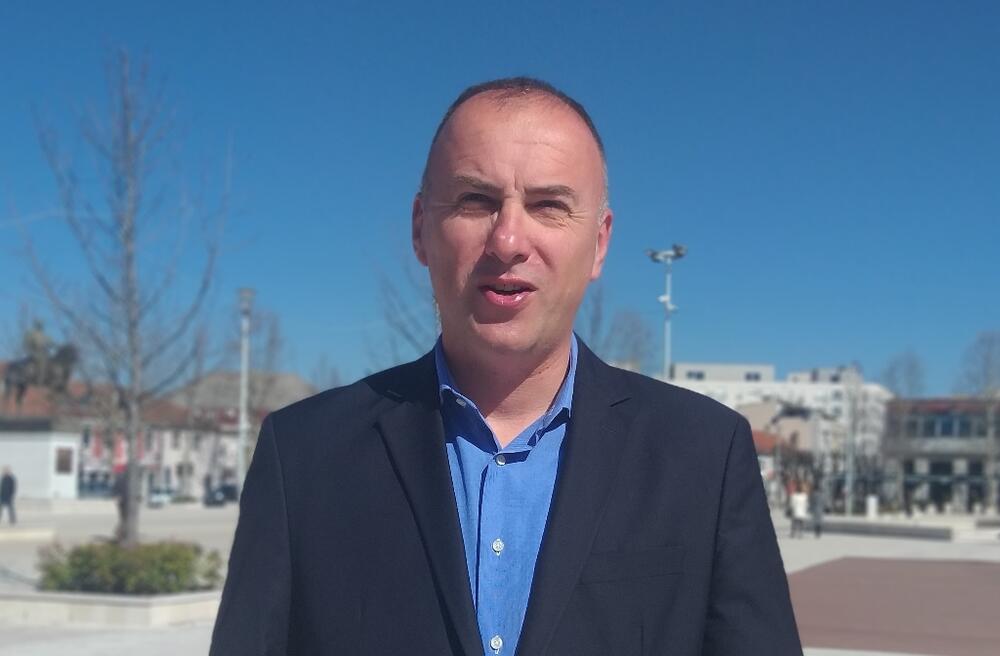
Civic activism is noticeable, he says, but it can also be "seen as a response to the seizure of the most valuable natural resources that are vitally important for local communities, more than as progress in education and culture of living."
"The trapping of rivers in pipes, illegal and unplanned logging, permanent devastation of space and public areas, caused a dose of revolt, so it often happened that it was also politically abused by those who should protect the public, not personal, interest. We can also talk about a shift in the context of a greater presence of environmental public campaigns among business entities, although this is more related to the market competition, where socially responsible business is also an important segment of the fight for customers".
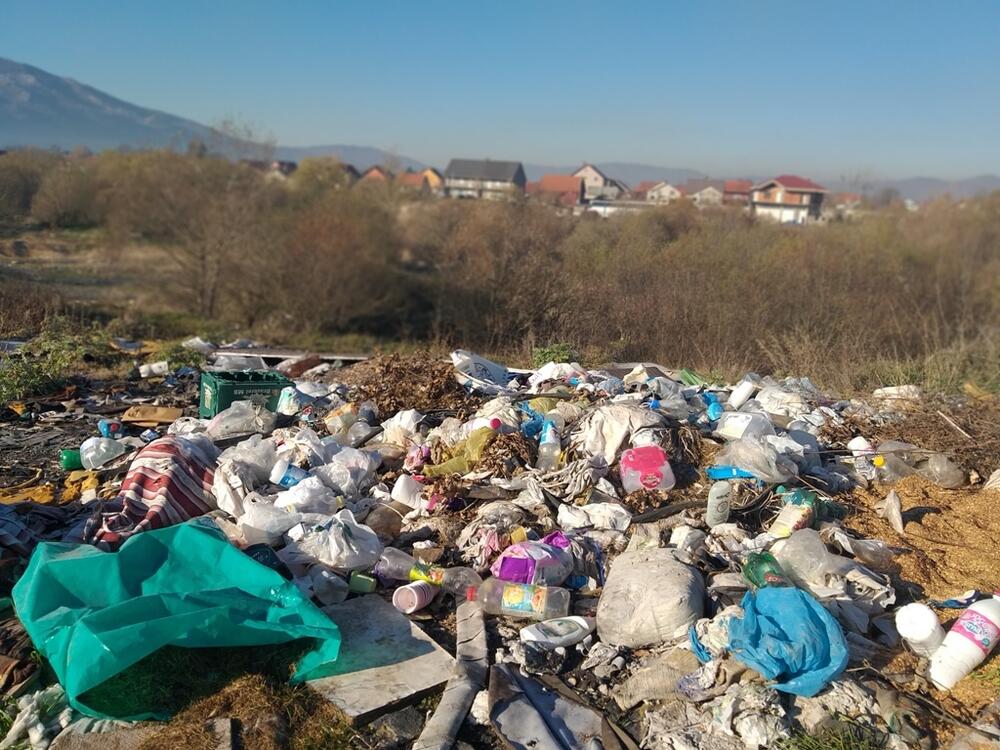
Perović points out that the absurdity of the story of an ecological state can also be seen by analyzing the functionality of the city's wastewater treatment plants, which have become an ecological problem instead of a mechanism for protecting public health and the environment.
"If there is no urgent change in the behavior of the top decision-makers and a clear, visible and measurable policy, with the partner involvement of the interested public, the destruction of the most valuable wealth at our disposal will continue. I hope that we will see the time when Montenegro will be talked about as a beautiful, rich ecological country, where everyone who visits us will take away strong impressions and remember beautiful moments in nature, and not, as is the case now, because of environmental problems." .
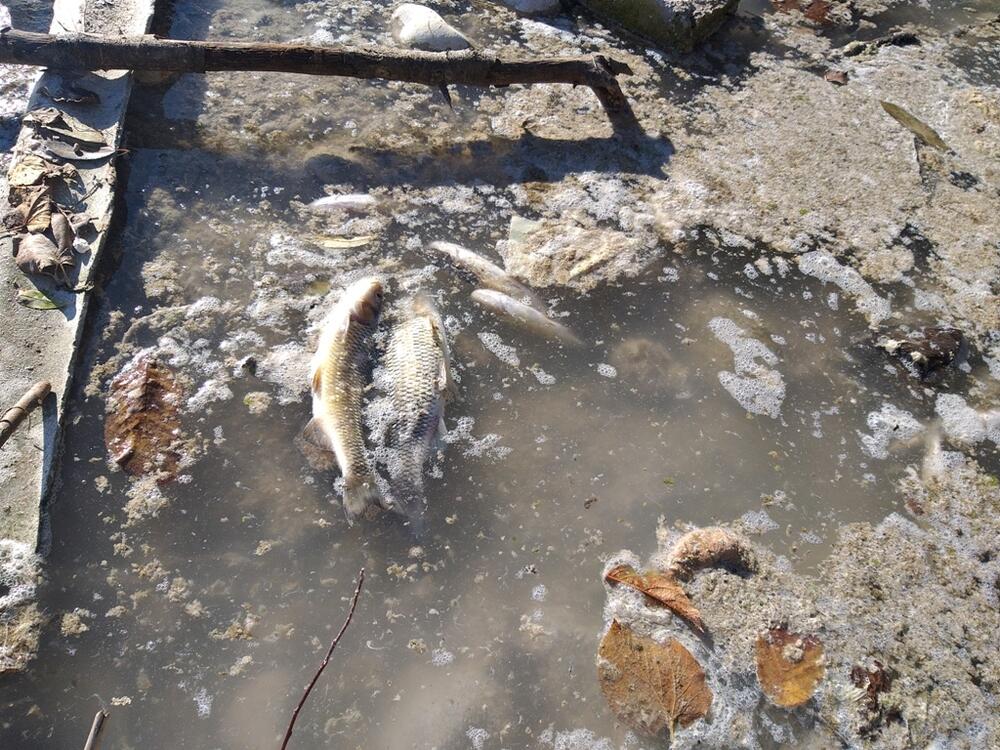
Biologist Vuk Iković from the "KOD" organization, says that the idea of an ecological Montenegro "meant that we live, not survive in this country".
"This meant educational, moral, economic, health, cultural progress that should have been achieved in 20 to 30 years. If this idea had come to life, today many countries would look up to Montenegro. We should have used what we have - untouched nature, which in combination with knowledge acquires even greater value. Thus, they would become a country with enough space for creativity, innovation, and high-quality education. Instead we have become poor and alienated”.
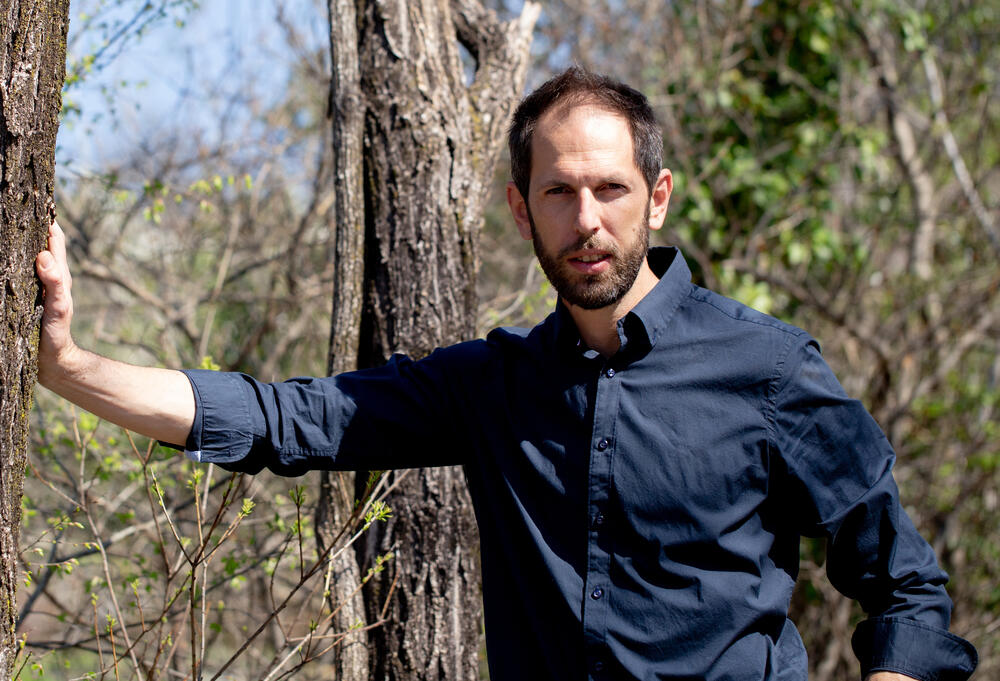
Iković points out some of the problems recognized by the creators of the project Montenegro - an ecological state, which should have been avoided by realizing this idea: insufficient number of wise and professional people, the danger of selling off the most attractive locations, the destruction of space by reckless urbanization and the continuation of impoverishment.
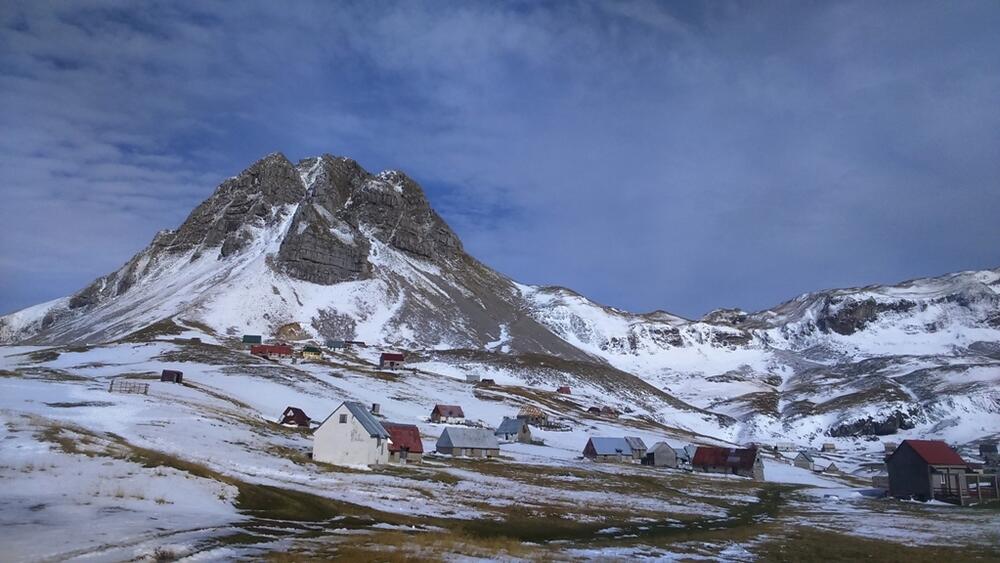
"Ignorance and hunger are a dangerous combination. Without developed work habits, and in the desire to get rich overnight, without a vision of development, it came from the destruction of nature that still survives and tells us - it is not too late. If they would only learn from their own mistakes, they could become a country full of material security where the rights of nature and human rights are in the first place, a country where everyone has an equal chance to express themselves and realize themselves. We can be remembered both for what we destroyed and for what we created, so we still have time. We can find support in each other and in nature".
Montenegro cannot wait any longer. She gave a lot and got a little - it's time to return at least a part of what she gave.
Bonus video:



